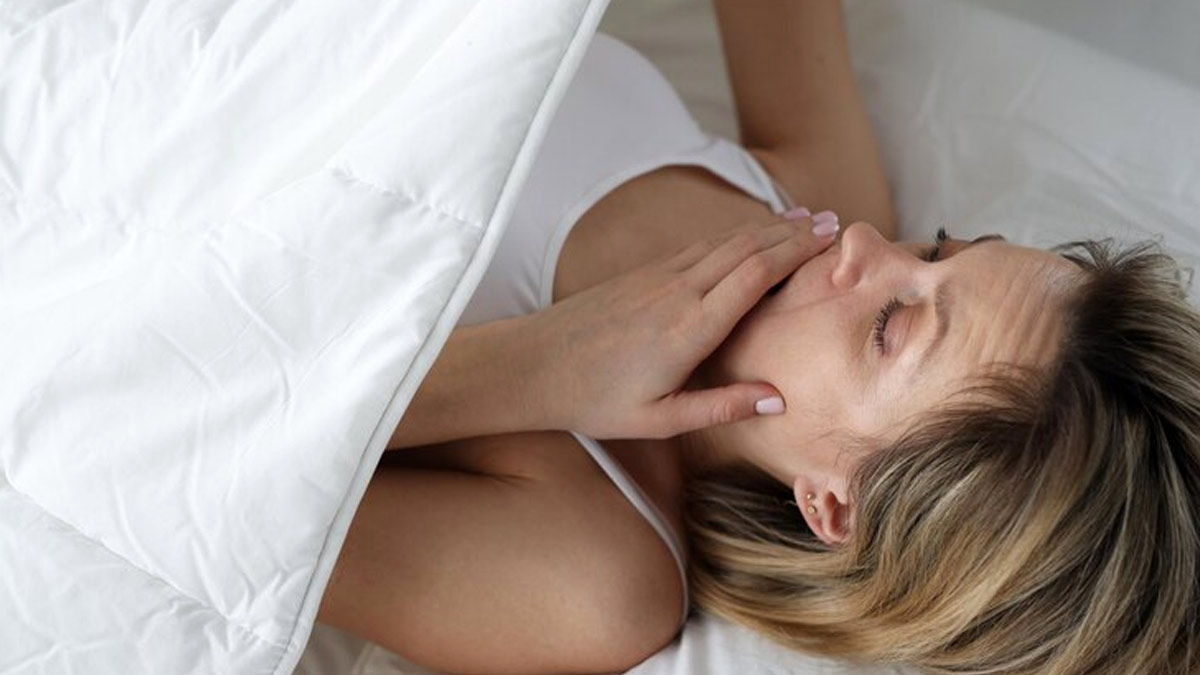
Bedwetting or nocturnal enuresis is a health condition in which a person loses control of their bladder at night and is unable to hold in their urine. This condition is not a cause of concern when it happens to children aged seven years or below. However, if it happens to teens or adults at least twice a week, it raises concerns. It can be caused due to several reasons and is something that can be cured or reversed in most cases.
Table of Content:-
We spoke to expert Dr Shobha Subramanian Itolikar, Consultant-Internal Medicine, Fortis Hospital Mulund, who explained the types, causes, and how to combat bedwetting.
What Is Nocturnal Enuresis
Nocturnal enuresis is a health issue in which a person urinates involuntarily when they are asleep. It is normal for kids to wet their beds at night as it is a part of their development process, but it raises concern if it happens to people above seven years of age. It can cause social embarrassment, emotional disturbance, and personality changes, and people may start to avoid activities such as sleepovers.
Types Of Nocturnal Enuresis

Nocturnal enuresis is classified into two types; primary nocturnal enuresis and secondary nocturnal enuresis.
Primary Nocturnal Enuresis
It occurs when a person has never been able to stay dry at night for six months or more in a row.
Secondary Nocturnal Enuresis
It occurs when a person has started wetting their bed after sleeping dry for six months or more. It usually happens as a result of medical or psychological conditions.
Also Read: What Does The Smell of Urine Tell About The Overall Health?
Causes Of Nocturnal Enuresis
People above the age of 18 may experience bedwetting concerns for the following reasons:
Genetics
People whose parents had nocturnal enuresis are most likely to develop the condition.
Hormones
Your body produces an antidiuretic hormone to slow urine production at night. When your body cannot make this hormone in sufficient quantities or your kidneys are unable to respond to it, it may cause bedwetting.
Bladder Capacity
Someone with a smaller bladder capacity may have trouble controlling their urine at night.

Urinary Tract Infection
A person infected with a urinary tract infection may develop the chance of having nocturnal enuresis.
Sleep Disorders
People with sleep disorders such as obstructive sleep apnoea and sleepwalking produce atrial natriuretic peptide, which increases the release of urine or diuresis.
Also Read: 5 Healthy Lifestyle Habits To Manage Obstructive Sleep Apnoea
Stress
Stress can have several negative impacts on your body, including nocturnal enuresis. You may have difficulty falling asleep, resulting in fewer hours of sleep at night. As a result, your sleep may become deeper and lead to overnight bedwetting.
Medicine
You may urinate more frequently and experience more frequent bladder contractions due to several prescription drugs like antipsychotics, etc.
Other causes that can cause bedwetting include constipation, diabetes, obstructive sleep apnoea, loss of bladder control, and neuropsychiatric issues.
How To Combat Nocturnal Bedwetting
- You should consult with your doctor if you or your child experiences bedwetting even after the age where one is expected to have control of the bladder.
- You may decrease the intake of fluid from evening onwards and before sleeping. In addition, you should avoid caffeine or carbonated drinks to prevent bladder stimulation.
- You may ask your doctor to prescribe you desmopressin, which causes kidneys to produce less urine.
- You can use an alarm clock to wake up and use the washroom.
- You can wear absorbent underwear.
When To See A Doctor
Children learn to control their bladder as they grow; however, you should seek help from your doctor if:
- Your child has nocturnal enuresis even after the age of seven years
- Your child starts to wet their bed after staying dry at night for at least six months
- If you have pain, pink or red urine, and unusual thirst
- If you have symptoms that indicate urinary tract infection or other diseases
Also watch this video
How we keep this article up to date:
We work with experts and keep a close eye on the latest in health and wellness. Whenever there is a new research or helpful information, we update our articles with accurate and useful advice.
Current Version